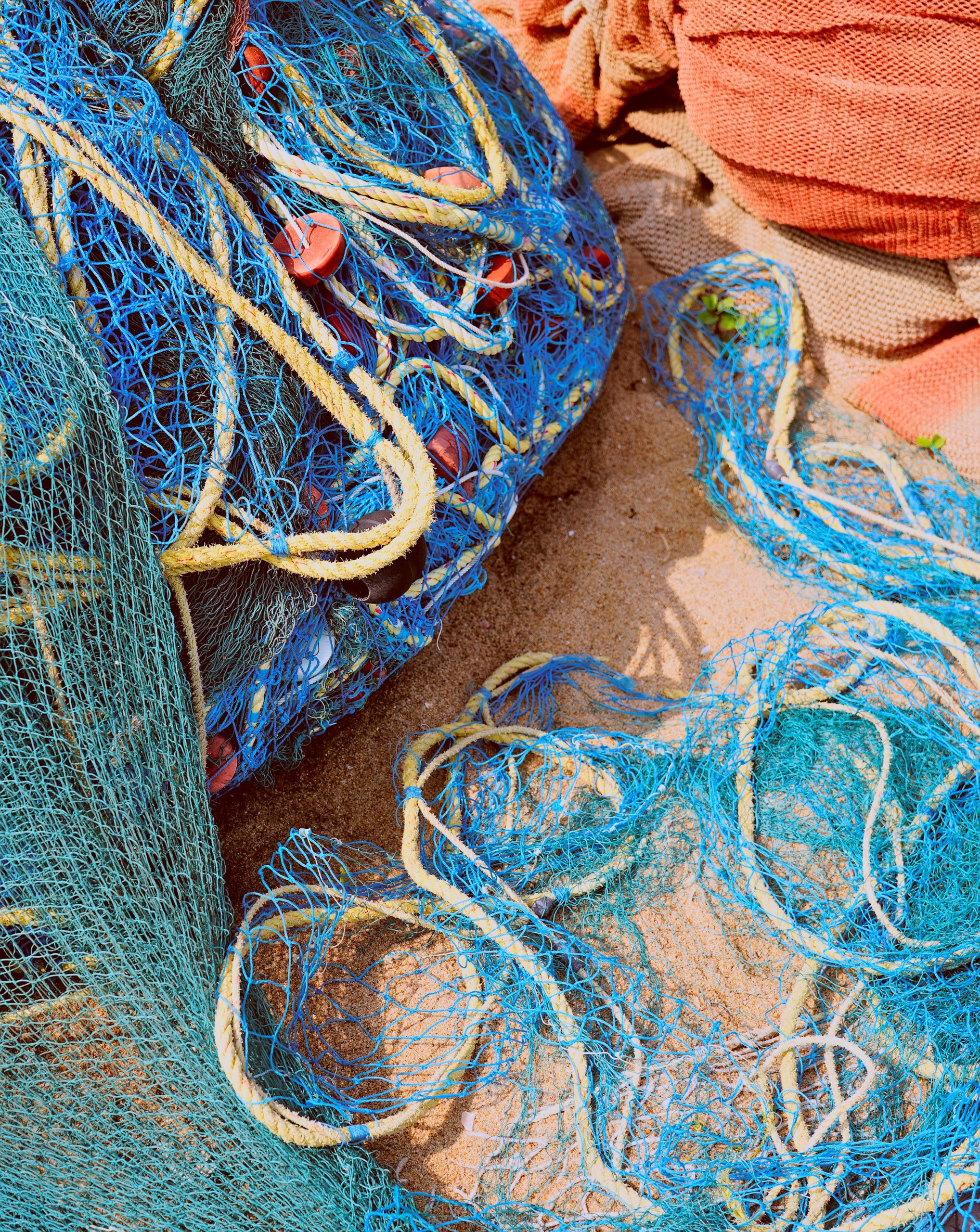- 5 April 2023
- 71
Salmon Fishing in Crisis: West Coast Industry Prepares for Ban

The salmon fishing industry on the West Coast is in crisis as salmon populations decline to dangerously low levels. The situation has become so dire that the industry is preparing for a potential ban on fishing to protect the remaining salmon populations.
The decline in salmon populations has been attributed to a variety of factors, including habitat destruction, climate change, overfishing, and dams that block salmon from reaching their spawning grounds. As a result, the Pacific Fishery Management Council has recommended a complete ban on salmon fishing in 2023 for the entire West Coast region, which includes California, Oregon, and Washington.
This proposed ban has sent shockwaves through the fishing industry, which generates billions of dollars in revenue and employs tens of thousands of people in the region. Many fishermen fear that a ban on salmon fishing could be devastating for their livelihoods and the communities that depend on the industry.
However, conservationists and environmental advocates argue that the ban is necessary to prevent the extinction of salmon populations, which play a vital role in the region’s ecosystem and support other wildlife, such as orcas and bears.
“Salmon are a keystone species in the Pacific Northwest, and their decline is a warning sign that our entire ecosystem is in danger,” said Bob Rees, a salmon fishing guide and conservationist. “We need to take action now to protect salmon populations for future generations.”
To address the crisis, the Pacific Fishery Management Council is also considering other measures to protect salmon populations, such as limiting fishing to specific areas and seasons, reducing the number of fishing permits, and increasing habitat restoration efforts.
The crisis has also sparked a broader conversation about the need for more sustainable fishing practices and the importance of protecting our natural resources for future generations. Many fishermen and conservationists are calling for greater cooperation between the fishing industry and conservation groups to find solutions that benefit both the environment and the economy.
As journalists, it is important to cover stories like this that have significant economic and environmental impacts. We must strive to provide accurate and balanced reporting, giving voice to all stakeholders involved and presenting the facts in a way that is informative and engaging.
In conclusion, the potential ban on salmon fishing in the West Coast is a stark reminder of the urgent need to address the complex and interconnected challenges facing our environment and economy. While the situation is undoubtedly challenging, it also presents an opportunity for stakeholders to work together to find solutions that benefit both people and the plane

